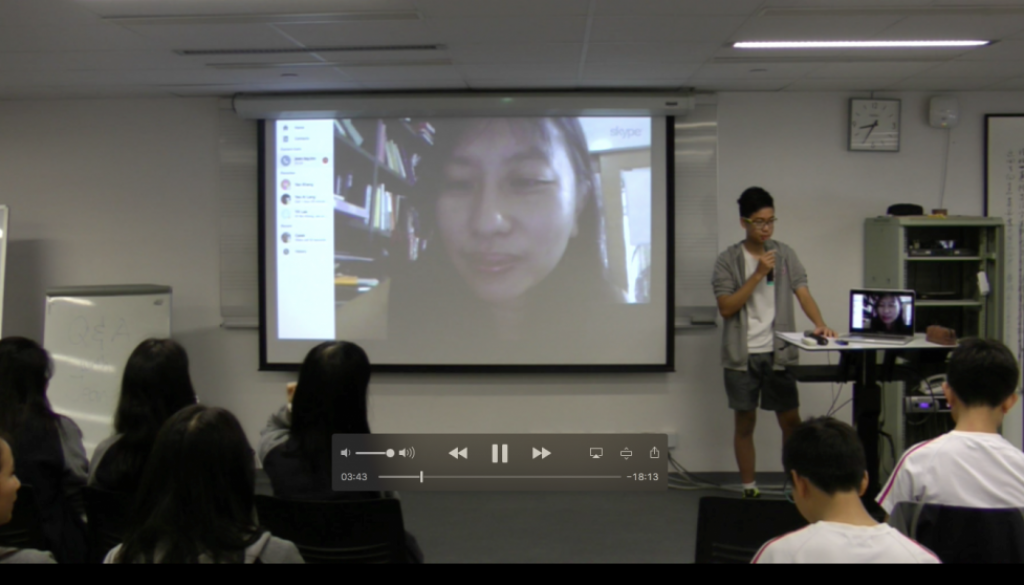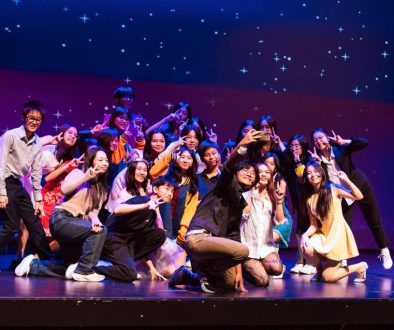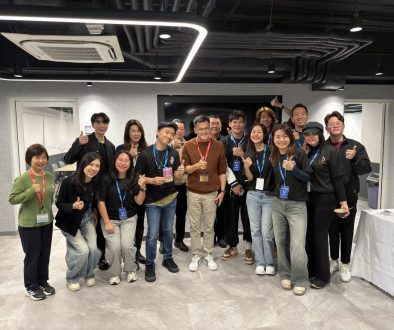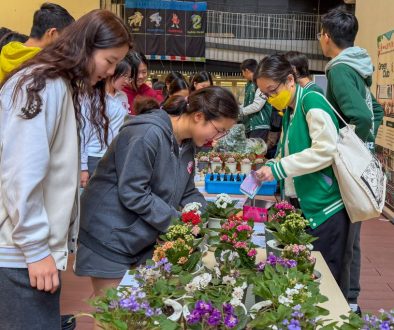Conversations with an Author – Jean Tay

by Ooi Jun Fong (S3L)
The talk with renowned author Jean Tay will remain ethereally etched in my mind. A talk that spanned just ninety minutes, a face-to-face experience with Ms. Tay as she spared a window of her strenuous timeframe to offer us a first-hand experience – the Secondary 3 cohort and our English teachers, who generously spent their time establishing contact with the acclaimed author to understand the origins of her prominent drama play, Boom.
In the early hours of 29 November 2017, all four classes tumbled into the Seminar Room, bustling with anticipation of the Skype call with Ms. Tay. For many of us, it was our first time meeting an author and we were thoroughly eager to meet her. When the connection was eventually set and her prudent, modest figure appeared on the screen, the room was engulfed in applause as she began her speech.
Ms. Tay promptly introduced herself as an unsuccessful entrepreneur who converted to a devoted playwright, and related her career transformation to the book on how an economic crisis can possess a crippling effect on one’s life, which can be evident through Dad’s character in Boom. She intricately analysed the main events in Boom in chronological order, explaining how she asserted strong personalities to each character. Boon is symbolic as a stereotypical Singaporean aspiring for economical riches and a successful life, contrasted with Mother who values her past assets due to the historical significance of them to her; however, she also possesses no economic value to Boon as a large source of tension within the book. Another example would be the symbolism of the fig tree, which symbolises Mother’s and Father’s blossoming love when they were newly engaged. The absolute reluctance of Mother to relinquish her fig tree in exchange of an affluent, lavish condominium emphasises the reluctance of her to let go of her long-deserting husband; whereas her delusion exemplifies her everlasting reminiscence of her marriage, which unknown to her, is unrequited. later in the play, Boon chops down the tree in an attempt to force his mother to move, attempt to cut the connection to his past ill-treatment from Father.
Further on, Ms. Tay then transcends the main events of the story into perpetual themes. Boon’s aspirations, a reflection of his father’s ambition, interweaves the themes of Singapore’s pressure to develop and the ideology that economical worthy objects. Corpse’s failure to realise his identity and whereabouts interweaves the theme of the father’s identity which he has failed to accommodate in his lifetime, and escalates dramatic tension to entice readers to hook on to her story. Boon’s initial dilemma to fulfil his duty as a filial son yet improve his quality of life also brings out the theme of his identity.
After her thoughtful and inspiring lecture, Ms. Tay then generously answered our enquiries about the book. Her succinct responses to our questions thoroughly consolidated our inquiries of the book. Overall, Ms Tay’s composed lecture completely enticed our interest in the play.
When she finally bid us farewell, there was not a pair of hands that didn’t clap in appreciation.



